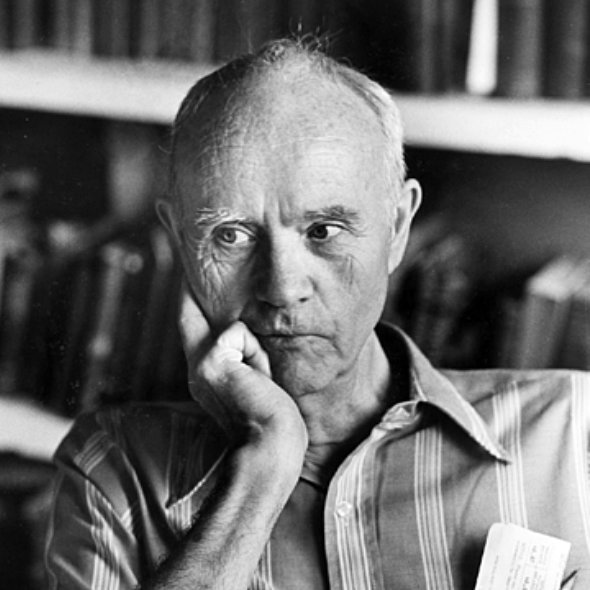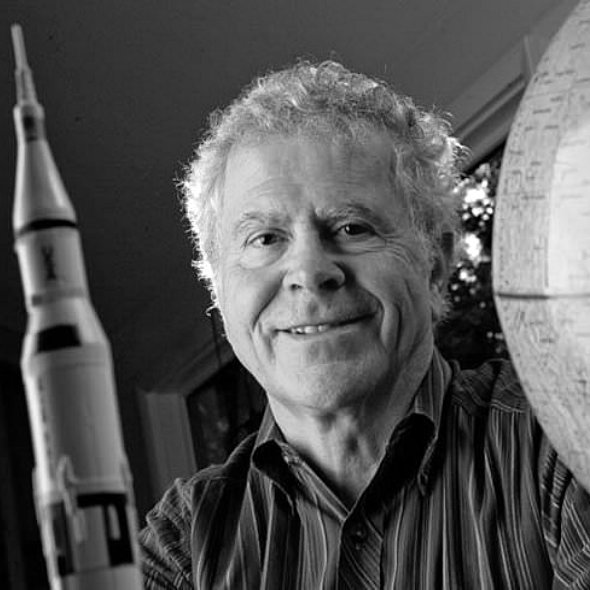Hickam graduated from Virginia Polytechnic Institute (now Virginia Tech) in 1964 with a bachelor’s degree in industrial engineering. While at Tech, he designed a cannon, cast from brass cadet belt buckles and mining scraps from Coalwood, to be fired at games and during cadet functions. The cannon was called “The Skipper,” in honor of President John F. Kennedy, and has become a tradition for the Virginia Tech Hokies.
Hickam served as a First Lieutenant in the Fourth Infantry Division from 1967 to 1968 during the Vietnam War, and was honorably discharged from his service at the rank of Captain in 1971. His six years of active duty resulted in his being awarded the Army Commendation Medal and a Bronze Star Medal. As a civilian, Hickam worked as an engineer for the United States Army Aviation and Missile Command from 1971 to 1978 in Huntsville, Alabama.
Hickam went on to become an aerospace engineer for NASA at the Marshall Space Flight Center. He specialized in spacecraft design and was engaged in training space flight crews. Hickam’s resume includes training astronauts for Space Shuttle missions, including several missions centered around the Hubble Space Telescope. He also worked as the Payload Training Manager for the International Space Station Program prior to his retirement from NASA in 1998.
Hickam’s adolescent events with The Big Creek Missile Agency were the inspiration for Hickam’s acclaimed book Rocket Boys: A Memoir, later renamed October Sky. The story details Hickam’s volition in pursuing his love of rocketry despite the wishes of his father to follow in his footsteps and become a coal miner. The book was selected by the New York Times as one of its “great books of 1998” and nominated by the National Book Critics Circle as Best Biography of 1998. In February 1999, Universal Studios released the popular film October Sky, based on Rocket Boys.
Hickam is perhaps best known as prolific author. His wide catalogue of books and novels includes Hickam’s first novel, Back to the Moon, published in 1999. The Coalwood Way, another memoir of Hickam’s hometown, was published in 2000, and his third Coalwood book, Sky of Stone: A Memoir, was published in 2001 (WV Encyclopedia, 2013).
Hickam was presented with Alabama’s Distinguished Service Award in 1984 after rescuing passengers from a sunken paddleboat on the Tennessee River. In 1999, West Virginia Governor Cecil Underwood declared an annual Rocket Boys Day to honor Hickam’s aerospace and literary career. In 2007, Hickam was awarded an honorary doctorate in Literature from Marshall University. That same year, he received the Distinguished Alumni Award from Virginia Tech.
Homer Hickam’s strong volition saw him rise above the odds, going from a small coal mining town to becoming a top-tier scientist. His dedication to his passion led to a distinguished life of service and reward. Hickam and his wife, Linda, reside in Huntsville, Alabama.











